Ponte Lupo
A colossal aqueduct from the second century B.C., deeply hidden in a gorge on the outskirts of Rome.
Near the town of Gallicano nel Lazio there is a massive structure, ancient, unmapped, and unknown to the casual hiker, even though it’s just a short walk from the Via Polense that connects Rome with Poli. The ruins of the aqueduct, which date from the second century B.C., are located in the Tenuta di San Giovanni in Campo Orazio, which is one of the locations where a famous fight between the Horatii and Curiatii (a story from the early days of Roman history) is believed to have taken place.
The aqueduct was built in 144 B.C. to convey the water of the Aqua Marcia aqueduct along a 56-mile course from the Aniene Valley to the city of Rome, where it provided potable water to the Capitoline, Aventine, and Caelian Hills. It carried water from underground conduits dug deep into the tuff cliffs on either side of the Fosso delle Acque Rosse. At 400 feet long, 100 feet tall, and some 60 feet thick, it stands among the most sturdy, impressive works of Roman hydraulic engineering.
The aqueduct was cited by 19th-century archaeologist Antonio Nibby, and was painted by famous landscape painter Ettore Roesler Franz in 1898.
Know Before You Go
Access to the site is from an unmarked trail near a gate, half a mile past the intersection with Via Faustiniana on Via Polense. Follow the trail that descends on the right to the valley below and you will spot the colossal aqueduct upstream from the often-dry riverbed. A dangerous trail leads to the top of the aqueduct.
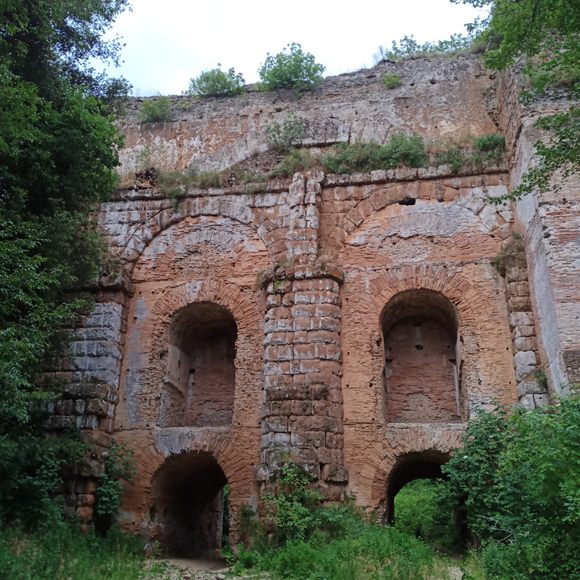










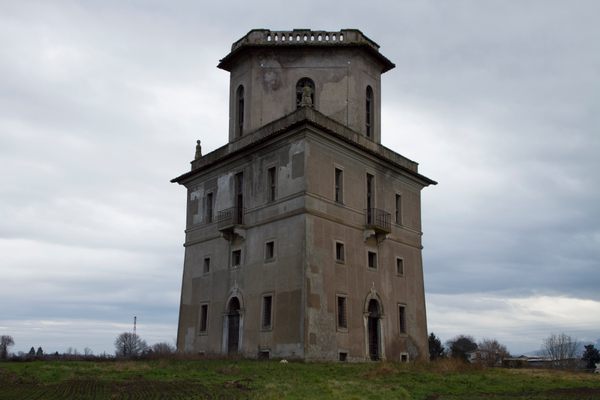


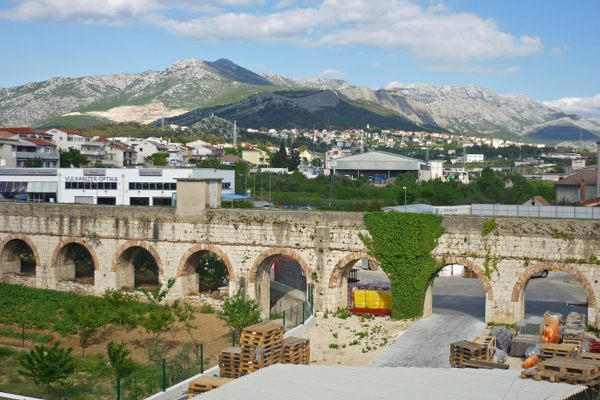
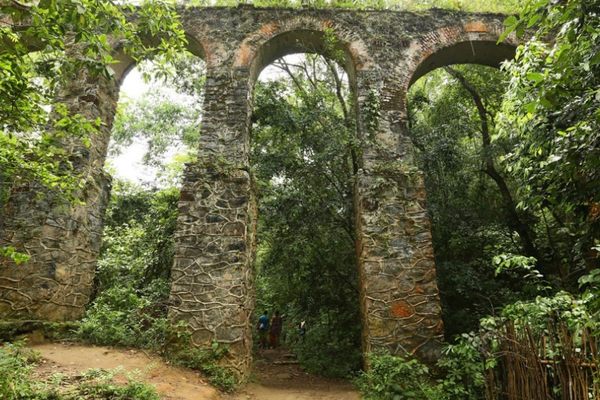
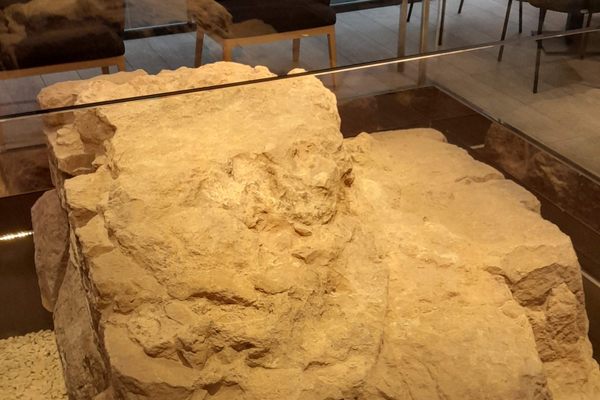

Follow us on Twitter to get the latest on the world's hidden wonders.
Like us on Facebook to get the latest on the world's hidden wonders.
Follow us on Twitter Like us on Facebook